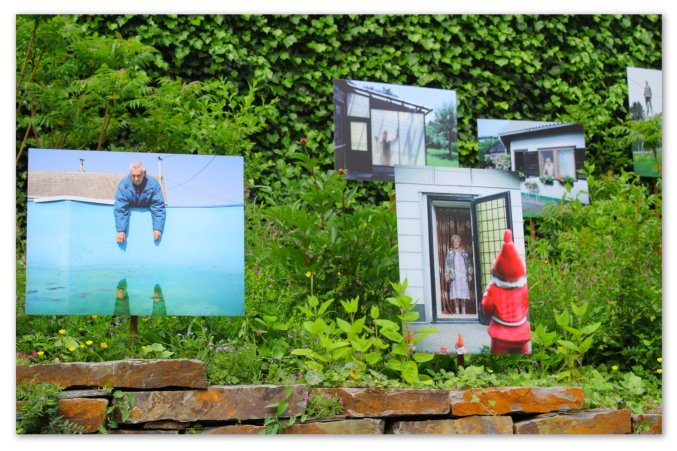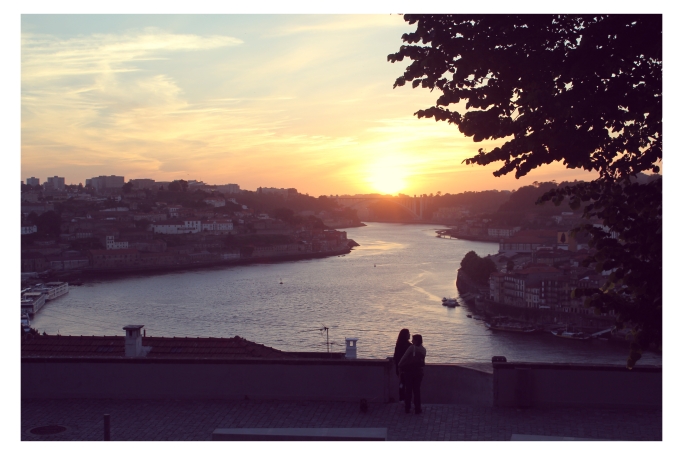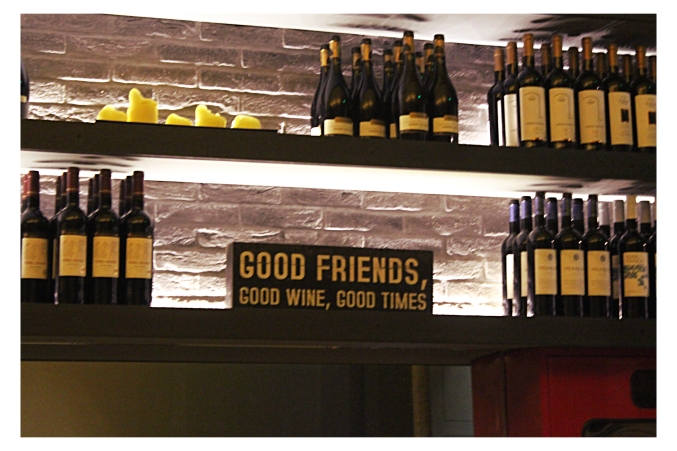Growing up as a southern European is growing up with theories of superstitions, jinxing, evil eyes, bad eyes and blue eyes (good eyes), not to mention the interpretation of dreams and coffee remains at the bottom of the cup.
It takes a lot of spitting to deal with overcoming mental obstacles defined by others. So being welcomed to Greece, basically always meant to be welcomed to irrationality for non-Greeks. But in fact, those elderly women in Greece who knew everything about evil eyes, bad spirits and the like, all of them actually were aware (rather unconsciously) of the principles of quantum physics. Growing up in a Scandinavian country, meant also maybe less exposure to jinxing but it is not completely absent. Norwegian grandmothers do occasionally for example warn about comparing hands because it meant bad luck. But seemingly not to the extent that Greeks do.
Greek mothers, grandmothers, basically all women and some men always knew, they always sensed that something will happen without ever being able to explain or know why. Knowing that some things will eternally remain beyond the grasp of anyone’s reason, made them irrational in the eye of others. But in fact they weren’t. And because generations ago one grandmother while cooking her bean soup understood the whole concept of quantum physics, this knowledge went into the DNA of her daughters and travelled from generation to generation only to be misunderstood as superstitious.
Being away from all the un-jinxers in an Luxembourgish exile like we are at the moment, we are at the mercy of all the potential people with evil eyes and jinxing powers. Our dreams don’t get interpreted and our coffee cup remains are unexplored mysteries. A younger friend of ours tabled the concept of virtuous and vicious circles – and the importance of being in the first one. Which one are you in? And if you feel that you are in the latter, the vicious one – how do you get out of it? Our friend’s worries proves that the beliefs in powers that are somewhat out of our control also exist among other cultures and also non-grandmothers. The challenge of confronting one’s fate seems to be universal. Even in a professional context one can be confronted with jinxing when a report in the making was not possible to save just after the question of back-ups was brought up. Bad excuse or strange coincidence? Not easy to say.
What makes people resort to powers outside ourselves when explaining mishaps and misfortunes? It is very human – and probably makes us feel in some sort of control. If everything was haphazard it would be unbearable. To connect a bit with the rational part of us; don’t go over the top. Most things are in the spectrum of things that can – and do happen. Using one’s energy to worry about destiny and divine powers is maybe not the most constructive use of time in all respects. But to the extent it helps us cope with our lives it should be ok. And there are a lot of things that coincide and are too good to be true (in both positive and negative respects). Let’s just remain a bit open and practical about it – and focus on our everyday well-being. And let’s just accept that some things are in our hands, and some just don’t.
For everything else, we can blame it on quantum physics.



